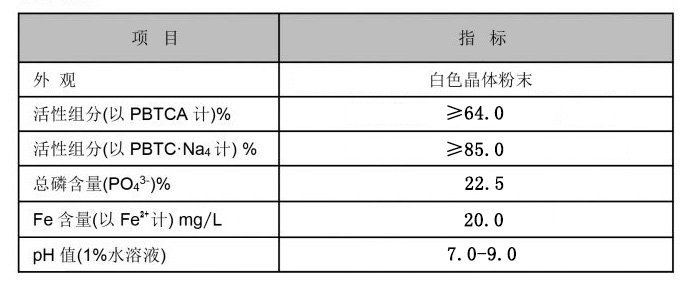Effective Flocculation Chemicals for Water Treatment and Pollution Control Strategies
Understanding Flocculation Chemicals Their Role and Applications
Flocculation is a widely used process in various industries, particularly in water treatment, wastewater management, and the food and beverage sector. It involves the aggregation of fine particles into a floc, which can then be removed from liquids. Central to this process are flocculation chemicals, substances that facilitate the formation of these larger aggregates, improving sedimentation and filtration efficiency. This article delves into the role of flocculation chemicals, their types, mechanisms, and applications.
What are Flocculation Chemicals?
Flocculation chemicals are agents added to a liquid to promote the clumping together of particles. These particles may include organic materials, silt, and other contaminants that are typically difficult to remove. The use of these chemicals is fundamental in ensuring that water reaches a quality suitable for discharge or consumption.
Types of Flocculation Chemicals
Flocculation chemicals can be categorized into three main types organic coagulants, inorganic coagulants, and natural coagulants.
1. Inorganic Coagulants This category includes widely used substances such as aluminum sulfate (alum) and ferric chloride. They work through a process of neutralization, where the positively charged ions from these coagulants attract the negatively charged particles in the water. This results in the formation of larger aggregates that can settle more readily.
2. Organic Coagulants These are synthetic polymers, including polyacrylamides and polyethylene oxide. Organic coagulants can be much more effective at lower doses compared to inorganic options. They have a high molecular weight and can bridge between particles, inducing floc formation through a mechanism called charge neutralization and entrapment.
3. Natural Coagulants Extracted from plant or animal sources, natural coagulants such as Moringa oleifera seeds and chitosan are gaining popularity due to their eco-friendliness. These coagulants can effectively reduce turbidity in water and pose less risk of chemical contamination compared to synthetic options.
Mechanism of Flocculation
flocculation chemicals

The flocculation process primarily involves three stages destabilization, floc formation, and flocculation. Initially, in the destabilization stage, the particles are neutralized with the help of flocculation chemicals. Next, during floc formation, these particles bond together to create larger aggregates, or flocs. Finally, in the flocculation phase, the formed flocs grow in size and can settle at the bottom of the treatment basin or be removed by filtration, allowing for clearer water.
Applications of Flocculation Chemicals
Flocculation chemicals have a broad range of applications across different sectors
1. Water Treatment The primary application is in drinking water purification. Flocculation is employed to remove turbidity and contaminants, ensuring safe drinking water supply.
2. Wastewater Treatment In industrial and municipal wastewater systems, flocculation chemicals are crucial for removing suspended solids and organic pollutants. This helps in meeting environmental regulations and protecting natural water bodies.
3. Food and Beverage Industry Flocculation plays a vital role in juice and beer production, where it helps clarify products by removing cloudiness caused by suspended solids.
4. Mining and Minerals Processing In mineral processing, flocculation is used to concentrate valuable minerals by separating them from unwanted materials.
5. Pulp and Paper Industry Flocculation chemicals aid in the removal of fibers and contaminants in the paper manufacturing process, enhancing quality and efficiency.
Conclusion
Flocculation chemicals are indispensable in numerous industrial applications, providing effective solutions for clarifying liquids and improving overall water quality. As environmental regulations tighten and the demand for clean water grows, the significance of these chemicals will only increase. In the quest for more sustainable practices, the exploration of natural and less harmful flocculation agents presents an exciting avenue for future development. Understanding the various types and mechanisms of flocculation chemicals is essential for industries aiming to enhance their processes and minimize their environmental impact.
-
Pbtc Scale InhibitorPBTC: A Scale Protector for Industrial Water TreatmentNewsAug.05,2025
-
Organic Phosphonate: An Efficient Defender in the Field of Scale InhibitionNewsAug.05,2025
-
Hydrolyzed Polymaleic Anhydride: Green Pioneer in Scale Inhibition FieldNewsAug.05,2025
-
PAPEMP Polyamino Polyether Methylene Phosphonic Acid For SaleNewsAug.05,2025
-
Flocculant Water Treatment: A Pioneer in Purification in the Field of Water TreatmentNewsAug.05,2025
-
Benzyl Isothiazolinone: An Efficient and Broad-Spectrum Antibacterial Protective GuardNewsAug.05,2025





